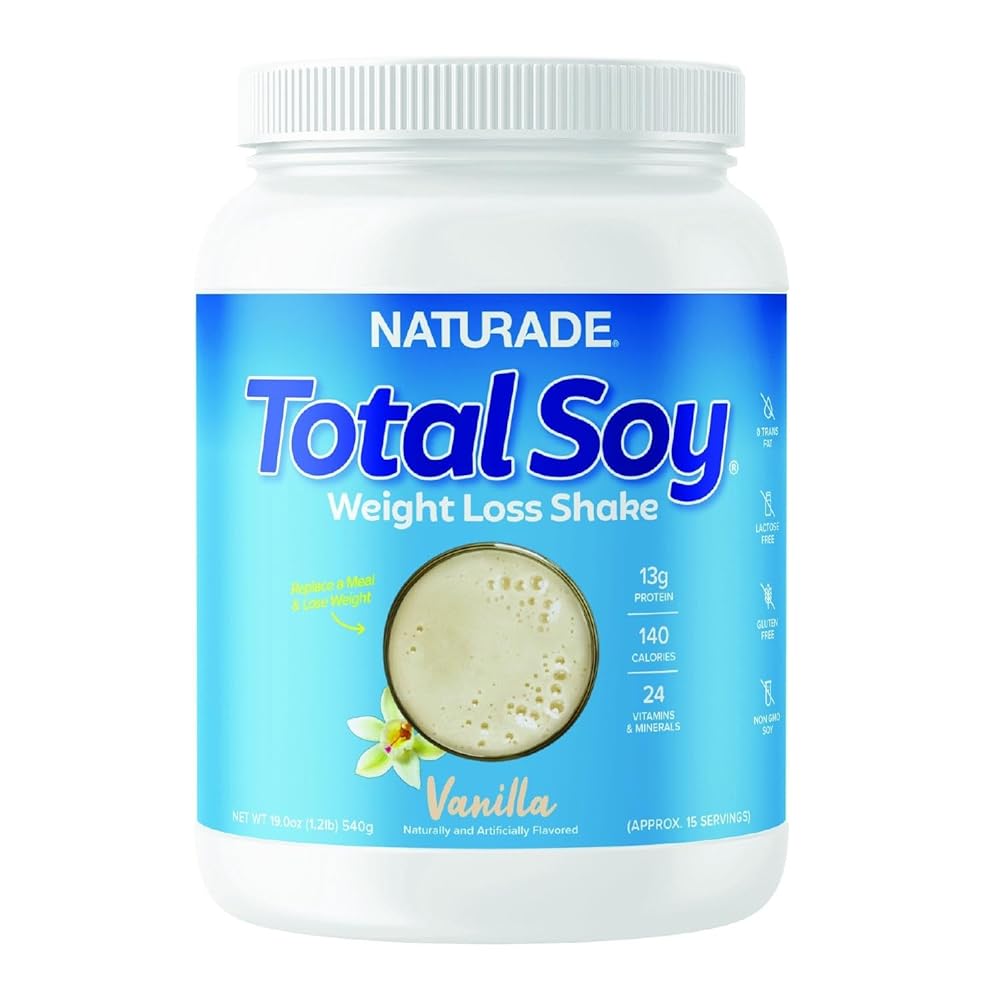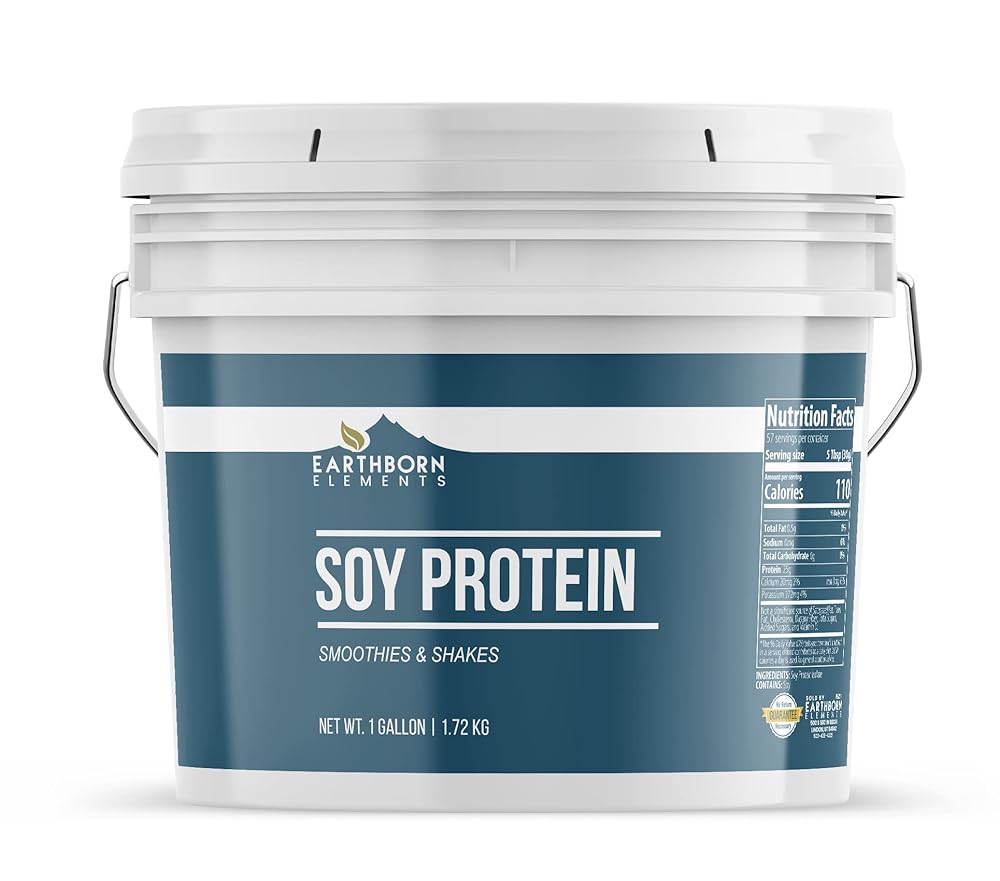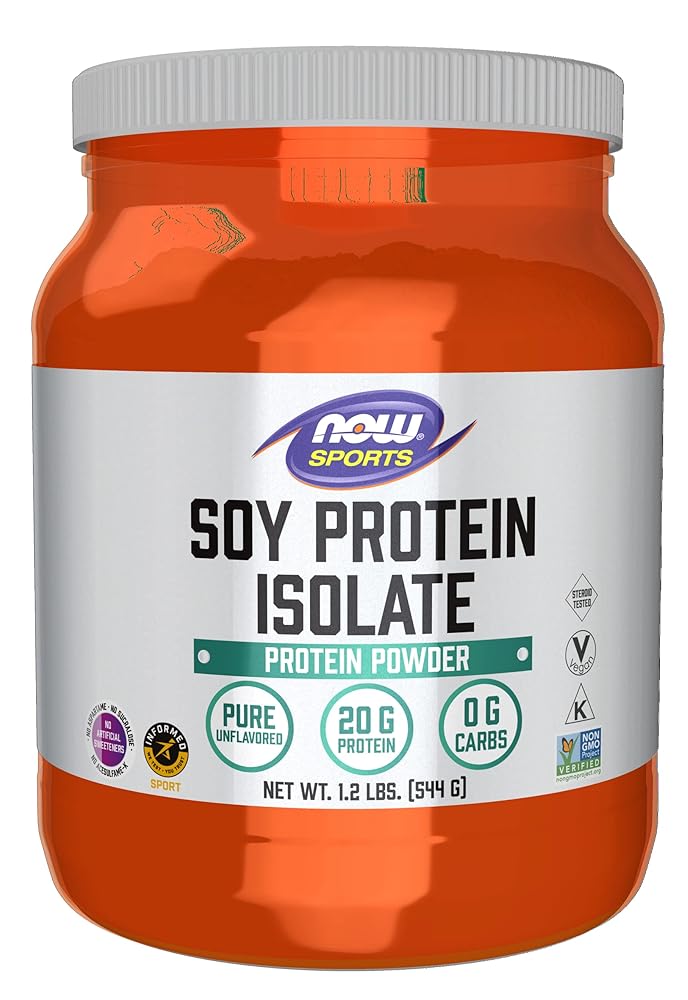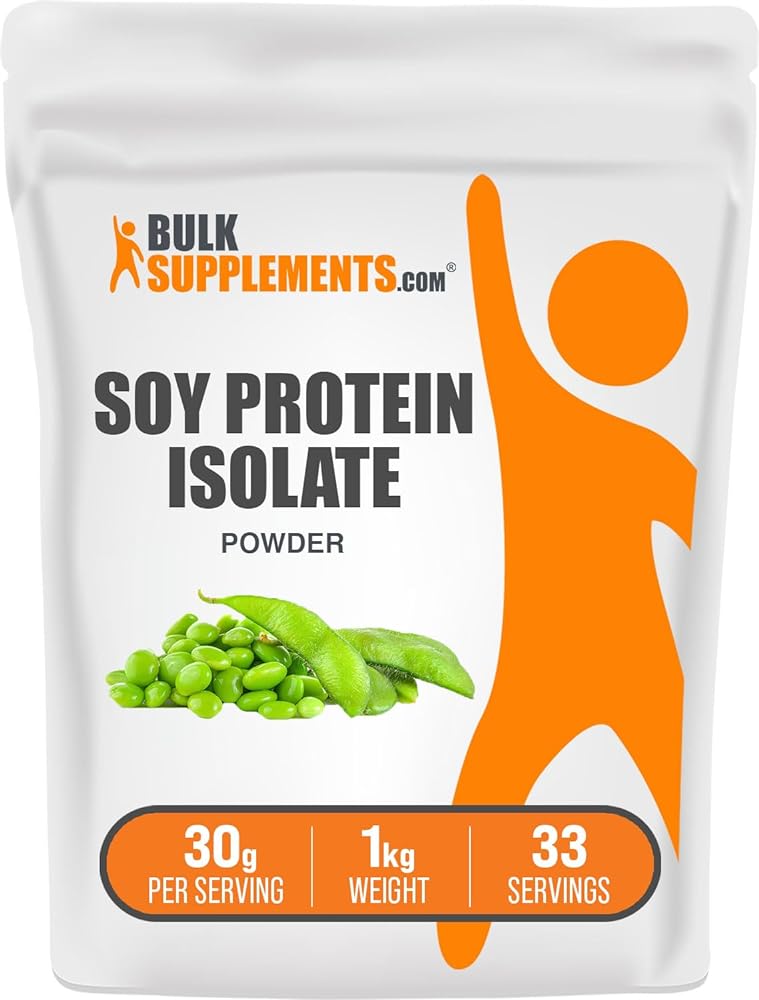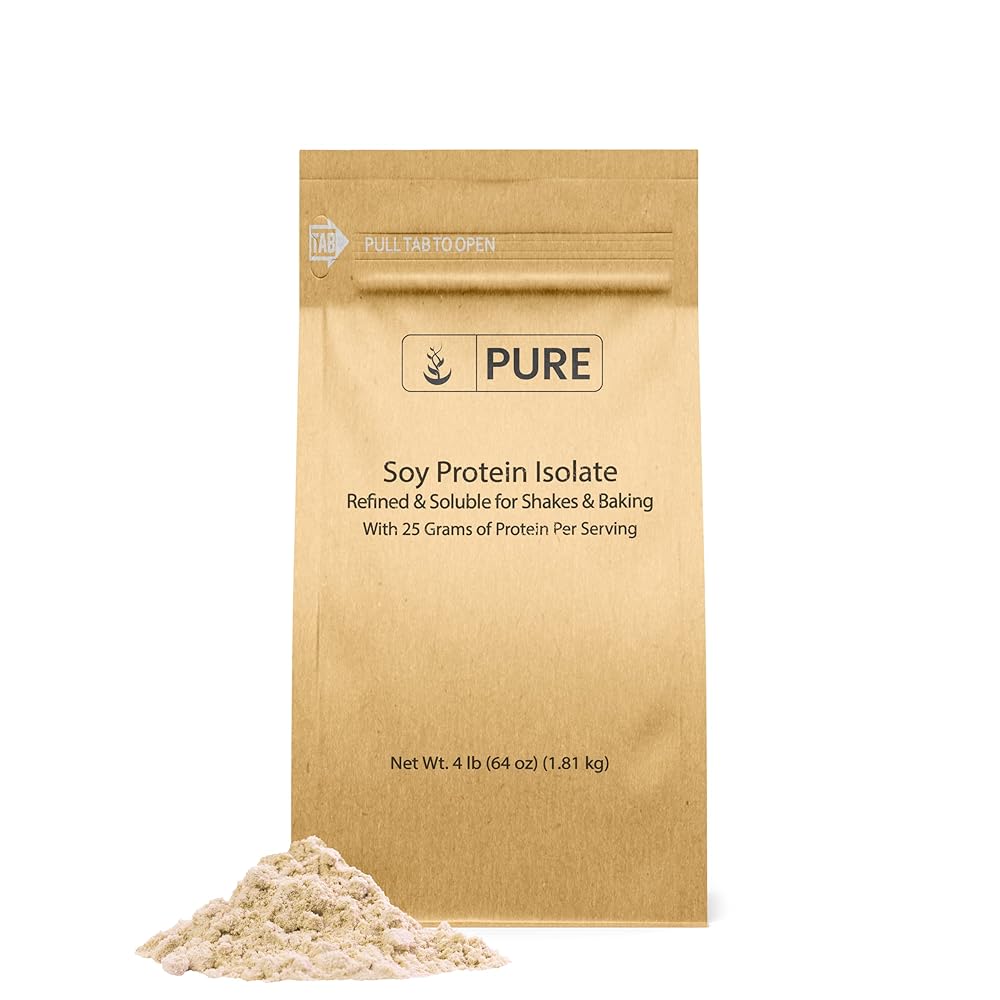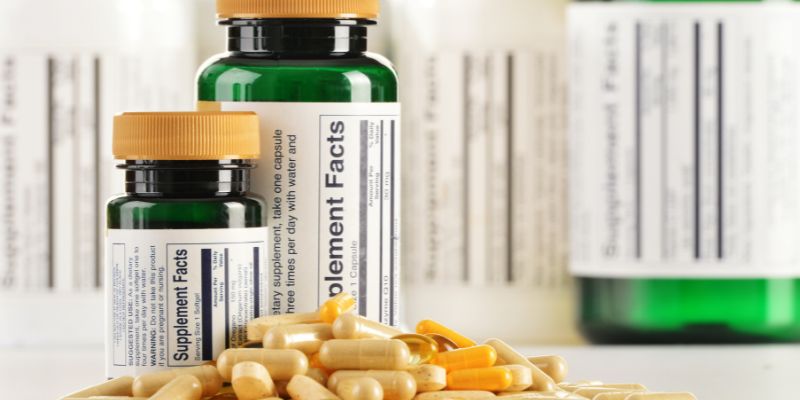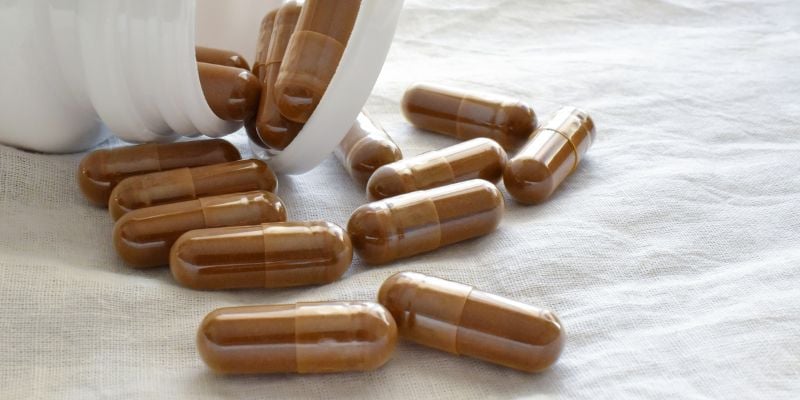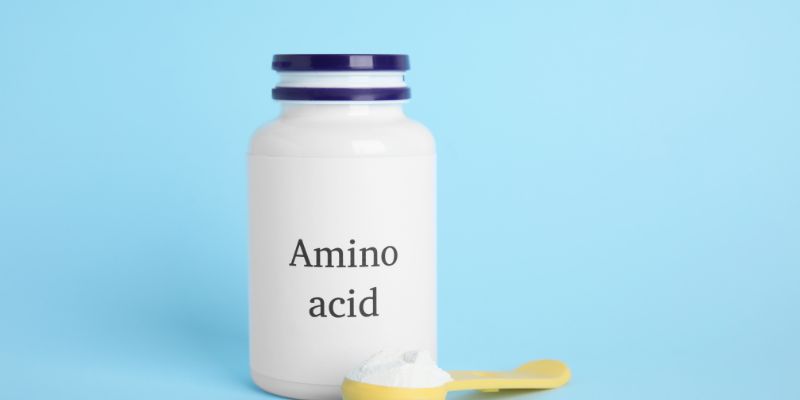Introduction
Finding the right source of protein is essential if you’re looking to power up your workouts and optimize your health. Protein helps support muscle growth while helping our bodies better regulate hormones, perform vital functions, and strengthen immunity. Fortunately, many delicious options are available these days—including soy protein powder! If you’re seeking a natural choice for boosting your protein intake or want to supplement plant-based meals with an animal product alternative that’s both healthy and nutritious – look no further than one of the highest-quality soy protein powders on the market today.
But, with so many options flooding the market, it can take time to choose the best one that fulfills your ideal requirements. You may be in confusion wondering about below questions:
1. Which Soy Protein Powder is good?
2. What are its benefits or side effects?
3. What to look for while buying Soy Protein Powder?
Don’t worry; we have got you covered. We will explore why soy protein powder is becoming increasingly popular amongst gym-goers and athletes alike – read on to learn more about its benefits, tips for using it in recipes, and reviews of some of the top brands currently available.
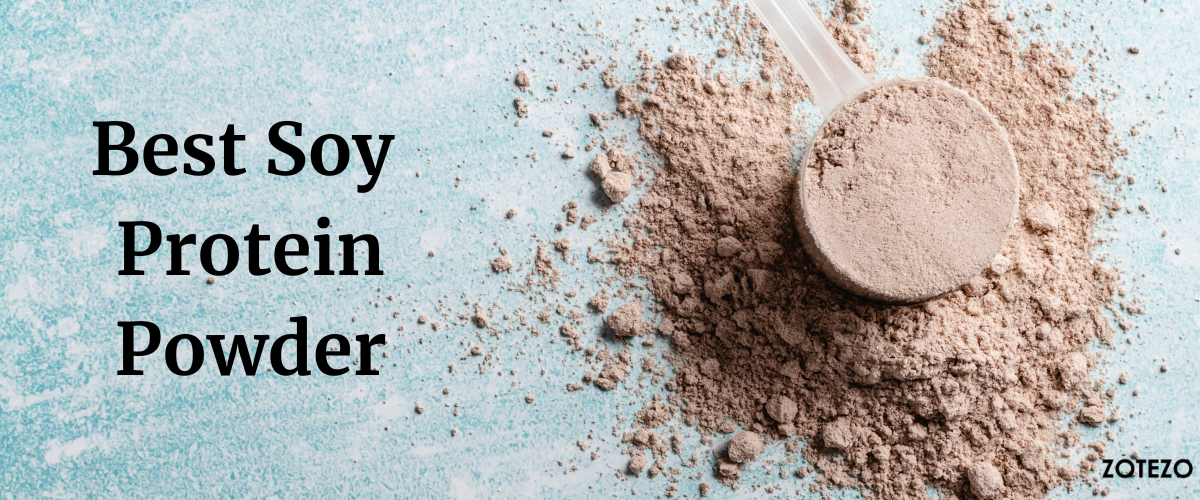
Our pick of the 5 best Soy Protein of 2024 in USA
Zotezo Score | Best Soy Protein Powder | Lowest Price |
|---|---|---|
|
A+ |
||
|
A |
||
|
B+ |
||
|
C+ |
||
|
C+ |
Let's take a deep dive into these 5 best Soy Protein Powder in USA
Best Overall Soy Protein Powder in USA
Naturade
A+
Zotezo review
The Naturade Total Soy Protein Powder in Vanilla offers a tasty and convenient way to add 13g of plant protein to your diet, with zero trans fat and being both lactose and gluten-free. Some users have noted a price increase since purchase and difficulty in mixing the chocolate flavor.
Product details
Benefits of Naturade Total Soy Protein Powde...
Drawbacks
Earthborn Elements
A
Zotezo review
The Earthborn Elements Soy Protein 1 Gallon Bucket is an affordable and high-protein option for smoothies and shakes, offering a clean and pure formula that blends easily. However, it lacks a single-serving scoop and may have a slight grainy texture due to the soy protein.
Product details
Benefits of Earthborn Elements Soy Protein &...
Weaknesses
NOW Sports - Nutrition and Wellness
B+
Zotezo review
The NOW Sports Nutrition Soy Protein Isolate offers an affordable, unflavored option with 20g of protein and zero carbs, making it a great choice for those looking for a simple protein supplement. While some users may find the mixing imperfect and the flavor lacking, the low-fat content and cost-effective nature of the product make it a worthwhile option for many.
Product details
Benefits of NOW Sports Soy Protein Isolate P...
Disadvantages
BulkSupplements.com
C+
Zotezo review
The BULKSUPPLEMENTS.COM Soy Protein Isolate Powder is a vegetarian and vegan-friendly protein option that provides essential amino acids and is gluten-free. While it mixes well and contains no added sugar, some users may find its powdery texture and bread flour-like flavor less appealing.
Product details
Benefits of BulkSupplements Soy Protein Isol...
Negatives
Pure Organic Ingredients
C+
Zotezo review
The PURE ORIGINAL INGREDIENTS Soy Protein Isolate is a versatile product suitable for various uses. While it offers a neutral flavor and is easily soluble, some users have reported issues with clumping and an unusual taste.
Product details
Benefits of Brand Name Soy Protein Isolate
Cons
Tips for choosing the right Soy Protein for you
When choosing a soy protein powder, there are a few key factors to consider:
Quality
Look for a powder made from non-GMO soybeans and free from additives or fillers.
Protein content
Ensure the powder has a high protein content, ideally at least 20 grams per serving.
Taste and texture
Some soy protein powders have a strong, earthy taste and a gritty texture. Look for one with a milder flavor and a smooth texture.
Brand reputation
Research the brand and read customer reviews to ensure they have a good reputation for producing high-quality products.
Price
Compare prices of different soy protein powders to find one that fits your budget.
It’s important to note that soy is a common allergen, so if you’re sensitive or allergic to soy, you may want to consider a different protein powder, such as whey or pea protein.
Products listed here are carefully reviewed and tested by our expert authors and reviewers. If you buy through links on this page, we may earn a small commission. Here’s our editorial process.
How we reviewed these products
Benefits of using Soy Protein
Soy protein powder is a high-quality, plant-based protein source that offers several potential health benefits, including:
Promoting muscle growth and recovery
Soy protein powder is a good source of branched-chain amino acids essential for muscle growth and repair.
Managing cholesterol levels
Studies have shown that soy protein can help lower LDL (bad) cholesterol levels and improve overall cholesterol levels.
Regulating blood sugar
Soy protein may help regulate blood sugar levels by slowing the absorption of carbohydrates, which can help prevent spikes in blood sugar.
Weight management
Soy protein can help with weight management by promoting feelings of fullness and reducing overall calorie intake.
Bone health
Soy protein may also have a beneficial impact on bone health, as it contains compounds that can help to improve bone density.
Cardiovascular health
Soy protein can also help to improve cardiovascular health by reducing blood pressure and reducing the risk of heart disease.
Not all studies have found strong evidence for these benefits, and more research is needed to understand soy protein’s health effects.
Types of Soy Protein Powder
There are several types of soy protein powder available, including:
Isolated soy protein
This is the most highly refined soy protein and typically contains at least 90% protein. It is made by removing most of the fat and carbohydrates from the soybeans, leaving only the protein.
Concentrated soy protein
This type of powder contains at least 70% protein and is made by removing some of the fat and carbohydrates from the soybeans, but less than isolated soy protein.
Textured soy protein
Also known as soy protein isolate, textured soy protein is made by heating and treating soy flour, which causes it to form a fibrous, meat-like texture. It can be used as a meat substitute in a variety of recipes.
Soy protein hydrolysate
This powder partially breaks down the soy protein, making it easier for the body to digest. It is often used in medical and infant nutrition products.
Soy flour
This is a less processed soy protein powder made from ground soybeans. It contains less protein than isolated or concentrated powders but is still a good source of protein.
Not all soy protein powders are created equal, and the quality can vary greatly depending on the brand and processing methods used. It’s important to read the label carefully and choose a powder that is made from non-GMO soybeans and free from additives or fillers.
Side-effects of using Soy Protein Powder
While soy protein powder is generally considered safe, some people may experience side effects. These side effects can include:
Digestive issues
Some people may experience gas, bloating, or stomach discomfort when consuming soy protein powder. This is more likely to occur in people who are sensitive to soy or have an allergy to it.
Allergic reaction
Soy is a common allergen; some people may experience an allergic reaction when consuming soy protein powder. Symptoms can include hives, itching, swelling, difficulty breathing, and anaphylaxis.
Interference with hormone levels
Soy contains phytoestrogens, which are plant compounds that mimic the effects of estrogen in the body. While some studies suggest that consuming soy protein powder may help regulate hormone levels, others suggest it may interfere with hormone levels, especially in women with hormone-sensitive conditions such as breast cancer.
Thyroid issues
Soy protein powder may affect thyroid function, and in some cases, it may worsen pre-existing thyroid conditions such as hypothyroidism.
Contamination
Some soy protein powders may be contaminated with heavy metals and pesticides, which can adversely affect health. It’s essential to choose a soy protein powder that is certified organic and non-GMO.
Interference with blood-thinning medications
Soy protein powder may interact with blood-thinning medications such as warfarin, so it’s important to speak with a doctor before consuming it if you are taking any medication.
It’s worth noting that most people can safely consume soy protein powder without experiencing any side effects. If you are concerned about any potential side effects or are experiencing symptoms after consuming soy protein powder, it’s a good idea to speak with a healthcare professional.
Who should use Soy Protein
Soy protein powder can be beneficial for a wide range of people, including:
Athletes and bodybuilders
Soy protein powder is a high-quality source of protein that can help support muscle growth and recovery.
Vegetarians and vegans
Soy protein powder is a plant-based protein source that can be used to help meet the protein needs of people who do not consume animal products.
People with high cholesterol
Soy protein powder may help lower LDL (harmful) cholesterol levels, making it a good option for people concerned about their cholesterol levels.
People with blood sugar issues
Soy protein may help regulate blood sugar levels, making it a good option for people with diabetes or prediabetes.
People looking to lose weight
Soy protein powder can help promote feelings of fullness and reduce overall calorie intake, making it a good option for weight loss or weight management.
People looking for a healthy alternative to animal protein
Soy protein powder is an excellent plant-based alternative to animal protein, and it’s cholesterol-free and low in saturated fat.
It’s important to note that soy protein powder is unsuitable for people allergic or sensitive to soy. Those taking blood-thinning medications should talk to their doctor before consuming soy protein powder.
Recommended Dosage of Soy Protein Powder
The recommended dosage of soy protein powder varies depending on the individual’s needs and goals
For general health and wellness, the American Dietetic Association, Dietitians of Canada, and the American College of Sports Medicine recommend consuming at least 25 grams of soy protein per day for adults.
For muscle building and recovery, bodybuilders and athletes often consume more protein, up to 1.2-2 grams per kilogram of body weight per day. However, it’s essential to remember that drinking too much protein can harm the body, and it’s best to consult with a doctor or dietitian to determine the optimal amount of protein that is right for you.
It’s also worth noting that most soy protein powders have instructions on the label indicating the recommended serving size. It’s essential to follow these instructions and stay within the recommended dosage. It’s also important to remember that soy protein powder should be consumed as a supplement to a well-rounded diet rather than as a replacement for whole-food protein sources.
Understand the who, what & why behind your favourite products
Brand Values | Product Philosophy | Product USPs
Read brand stories, their raison-d'etre, and understand what drives them to caringly create the highest quality products for your well-being.
Brand stories
Frequently asked questions on Soy Protein
1. Is soy protein powder good for weight loss?
2. Is soy protein powder good for building muscle?
3. Is soy protein powder safe for men?
4. Can soy protein powder cause acne?
5. Can soy protein powder cause hair loss?
6. Can you cook with soy protein powder?
Expert reviews you can rely upon
Expert Insights | Product Reviews | Connect with Experts
Gain valuable insights and read unbiased product reviews by subject matter Experts on Zotezo, the ultimate trust commerce platform, that empowers millions globally to make informed decisions for their wellbeing.
Expert Advisory
Conclusion
We have listed some of the best soy protein powders available today. All these products are good in their way, and you can choose any one according to your requirement. If you have used any of these products before, tell us about your experience in the comments section below. And if you have any other suggestions, please share them with us.

